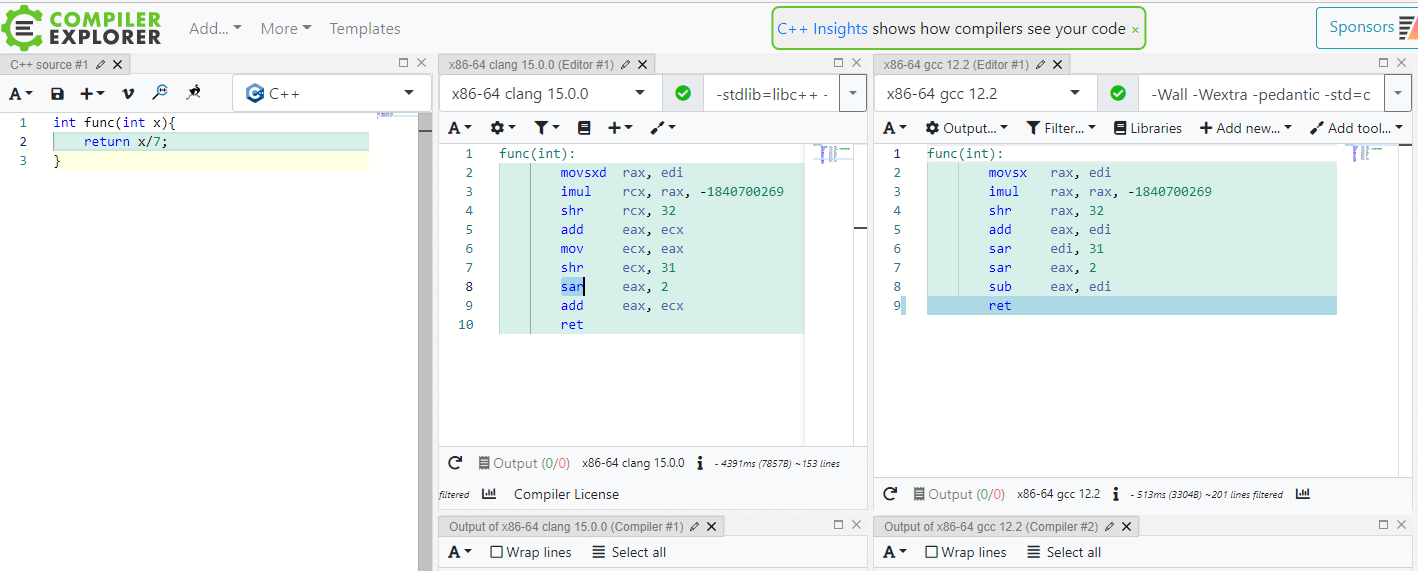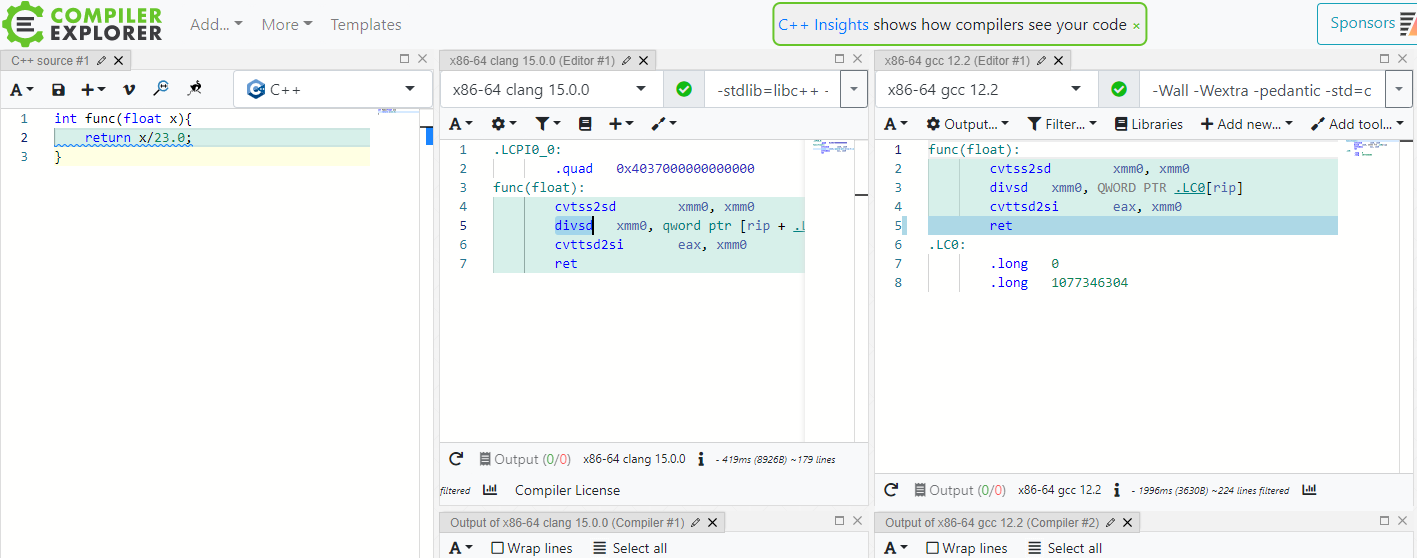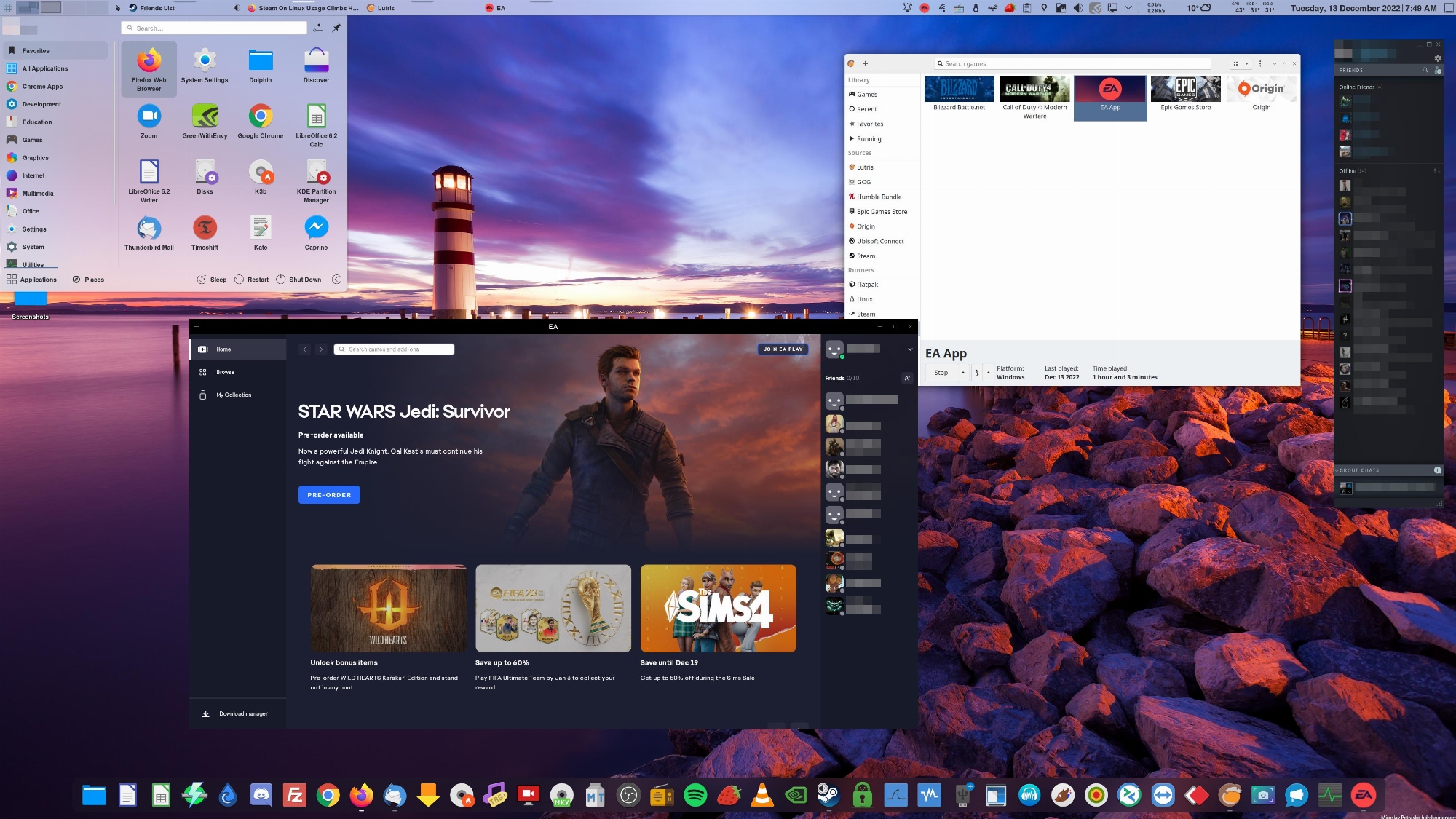DukenukemX
Supreme [H]ardness
- Joined
- Jan 30, 2005
- Messages
- 7,909
Nvidia is open sourcing because everyone has been asking for it. AMD does it, Intel does it, so it should make sense for Nvidia to do it. The issue is that Nvidia just threw the code online and that code only works for relatively new GPU's. It's not like AMD where they have AMDGPU, AMDVLK, and RadeonSi. It's not like Intel's ANV driver or their new HasVK driver for older GPU's. You're just building the same driver that Nvidia gives you on their website. For this to work Nvidia would have to contribute to Nouveau or start their own driver like AMD and Intel does. The code does seem to help Nouveua guys but it isn't exactly a big help.Welp in the video its failing don't know what else to tell you. I've experienced it too. It's one of the most common issues with the drivers being proprietary. There's boards upon boards talking about it. It happens. Typically when upgrading the distro (major point releases) is when the chance of failure is at its highest. The other issue is Wayland development, which is why Nvidia is finally open sourcing it's drivers. It's not doing it for zero benefit.
![[H]ard|Forum](/styles/hardforum/xenforo/logo_dark.png)


